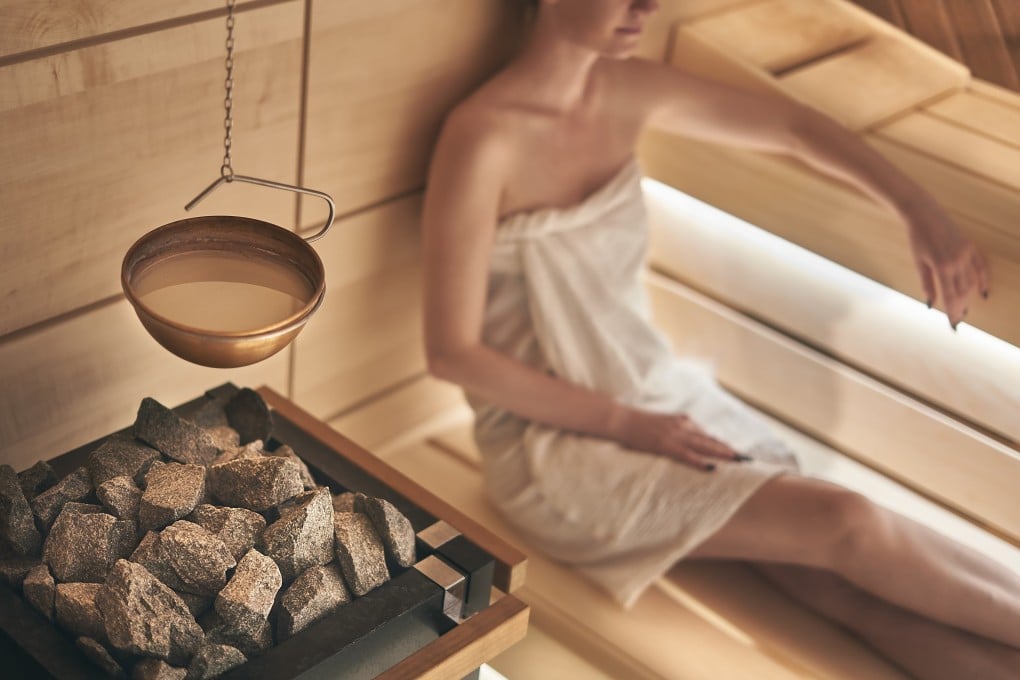Health questions: is a sauna good for a cold? What the science says
- The idea that inhaling steam from a sauna will give you relief from a cold is, well, hot air. Nor can you ‘sweat out a cold’ there; instead you risk dehydration
- On the other hand, having regular saunas may help prevent colds and other respiratory conditions, scientific studies have shown

Is a sauna good for a cold? If you already have a cold, there’s little scientific evidence that having a sauna will help.
Hot air, indeed
A 2010 study published in the Medical Journal of Australia put the claim that “saunas help cure colds” to the test.
The results of a randomised controlled trial showed that inhaling hot steam in a sauna has no significant impact on symptoms of a common cold.

Of the 157 study participants suffering from a cold, those who had inhaled hot air in the sauna did not show a significant difference in the severity of their symptoms compared with participants who had inhaled room temperature air in the same environment.
A 2017 analysis of six trials supported these findings. It concluded that exposure to heated, humid air did not harm nor benefit people suffering with a common cold.
A 2020 article in medical journal The Lancet that referenced the earlier analysis said folk theories claiming that steam loosens mucus, opens nasal passages, and reduces mucosal inflammation all remain unproven.
There’s no evidence that heat inhibits the replication of cold viruses, either, it added.